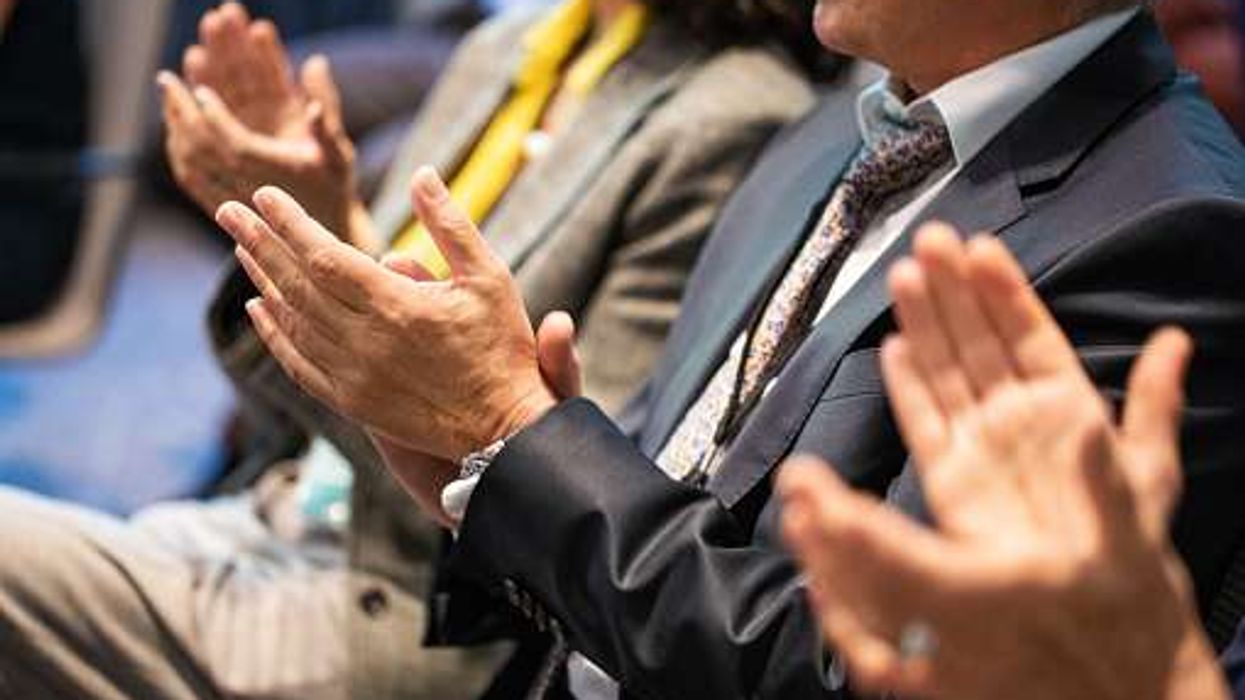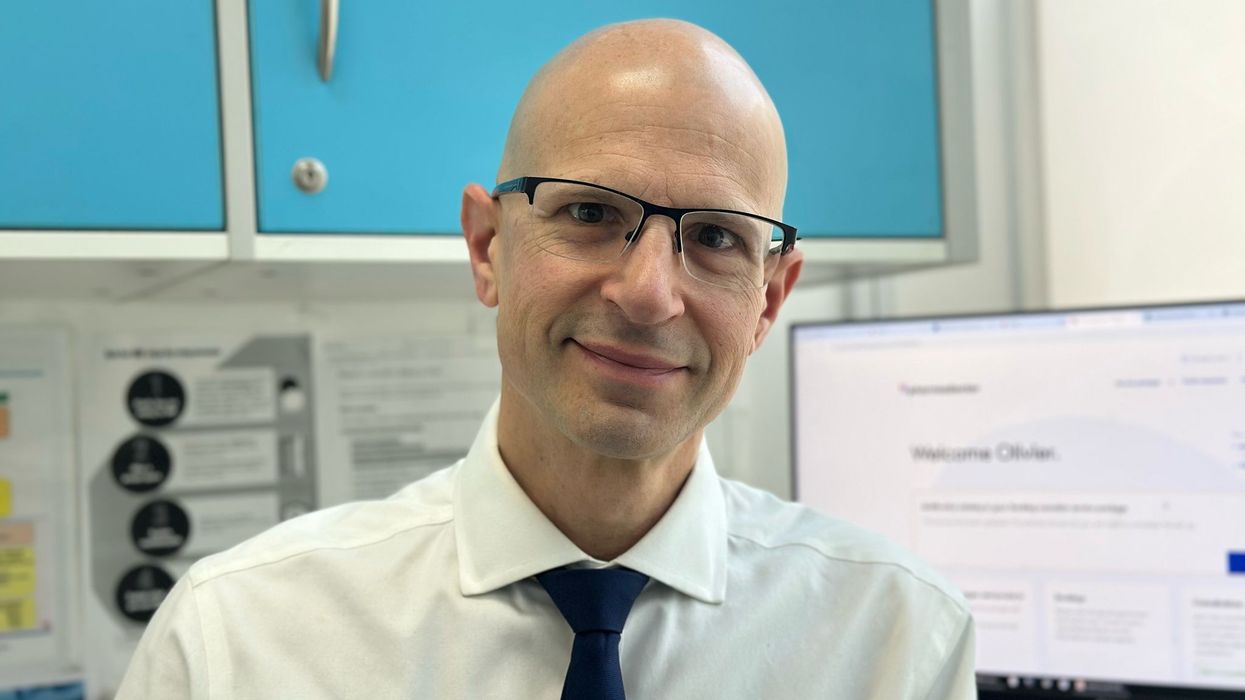Members of the Royal Pharmaceutical Society's (RPS) Action in Belonging, Culture and Diversity (ABCD) group have developed a resource to help pharmacy teams deal with microaggression at workplace.
Microaggressions, verbal and non-verbal snubs and insults, are usually hostile or negative messages and behaviours. They can target a person’s protected characteristics like their race, age, gender sexual orientation or disability and can cause pain.
These can be intentional and unintentional, based on conscious or unconscious biases about people.
If left unchallenged, they can become part of workplace culture and impact individual wellbeing and mental health. Teams can end up taking decisions based on bias, which can lead to a lack of progression or achievement for certain groups, creating an unhappy workforce, recruitment and retention issues.
Hence, this initiative by the ABCD group which also helps guide the RPS inclusion and diversity work.
The group will help in explaining what actually is microaggression, what should be said, how not to behave, how to challenge as a recipient or a witness, how to create positive work culture etc.
The ABCD team, comprising Naveen Dosanjh, Cherise Gyimah, Mohammed Hussain, Nisa Khan, Farzana Mohammed, Jayesh Kumar Patel, Vivien Yu and the Black Pharmacist Initiative, came up with this resource that has focussed on race as a priority area. It also highlights examples of race-based microaggressions and why they hurt and cause offence.
Cherise Gyimah said: “It’s important to identify and address microaggressions, because if left unchallenged they have the potential to become part of the organisational culture”.
Nisa Khan commented: "Tackling race microaggressions in pharmacy is an important step to achieving an anti-racist profession. Having experienced race microaggressions many times in my career so far, I know how isolating it is and how significant it is to have a conversation about this for those experiencing microaggressions."
Farzana Mohammed said: “I joined the group to raise awareness on how to recognise when a subtle microaggression has occurred, to “make the invisible, visible”. This document provides support to enable people to choose what they want to do when experiencing or witnessing an event.”
Vivien Yu stated: “Throughout my life I have struggled with reacting to and processing microaggressions. As a student pharmacist, it has been liberating to see race advocacy work at the forefront of our profession. I hope that the changes and work I see early on in my career continues to develop."
The group shared that new sections will soon be added to this resource, highlighting microaggressions based on age, gender, sexual orientation and disability and has invited more people to join the cause.











